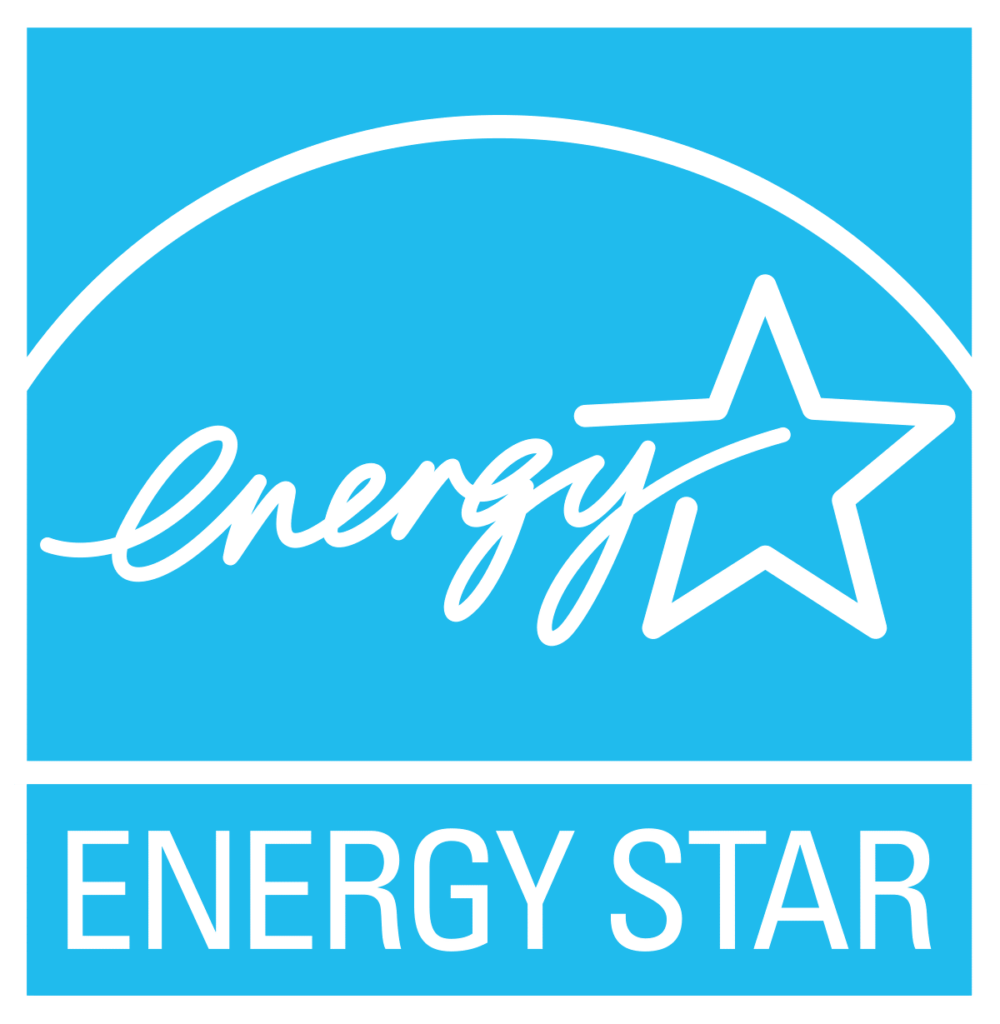February ’23 at-a-glance … energy
NAFEM and others share CRE data with DOE to help inform future standards
NAFEM and its members had a productive conversation with U.S. Department of Energy (DOE) representatives about commercial refrigeration equipment (CRE) energy-conservation standards. Joining NAFEM for this meeting in late January were the Air-Conditioning, Heating and Refrigeration Institute (AHRI) and National Automatic Merchandising Association (NAMA).
The three organizations shared information collected from members showing that DOE’s preliminary technical support document (pTSD) references outdated data that does not align with current market conditions to set CRE energy-efficiency standards. Many of DOE’s suggested design options are already in use to meet current requirements, some are impractical, while others have very high costs.
Charlie Souhrada, CFSP, NAFEM’s vice president of regulatory and technical affairs, also addressed the importance of food safety in CRE design during the DOE meeting. “Operators’ primary concerns are to use the right equipment to comply with strict temperature control and health code mandates to keep food safe in a wide range of ambient temperatures. While food safety and energy efficiency can be competing interests, both have environmental and climate change ramifications.”
According to Ashley Armstrong, senior advisor for DOE’s Office of Energy Efficiency and Renewable Energy, “We appreciate the important information that was shared and would like to keep the dialogue open.”
Multiple states require manufacturers to register with SASD database; CA requires registration with separate database
The Northeast Energy Efficiency Partnerships’ (NEEP) State Appliance Standards Database (SASD) is fast becoming an important registration body for commercial food equipment manufacturers, with Colorado, Hawaii, Maine, Massachusetts, Nevada, Oregon, Rhode Island, Vermont, Washington and Washington D.C. requiring registration. These states may issue financial penalties for products sold within their borders that don’t meet minimum energy-efficiency levels.
SASD covers commercial dishwashers, fryers, steam cookers, ovens and hot-food holding cabinets.
Additionally, California requires manufacturers to certify the performance of some products sold in the state via California Energy Commission (CEC)’s Modernized Appliance Efficiency Database System (MAEDbs). See the full list of covered products.
Multiple states consider commercial appliance energy-efficiency standards
Across the U.S, states are considering energy-efficiency standards that impact commercial foodservice equipment.
- Hawaii House Bill 197, introduced Jan. 19, would require the Department of Health to establish a refrigerant management program to reduce emissions of high-global-warming-potential (GWP) refrigerants and any refrigerant that is an ozone depleting substance from stationary, commercial and industrial refrigeration systems. It also would require the state Building Code Council to establish codes and standards consistent with the goal of reducing greenhouse gas emissions associated with hydrofluorocarbons when updating the state building code. The proposed law also stipulates that no law, rule, ordinance or code, including the state building code, shall prohibit or limit the use of a refrigerant deemed acceptable under federal law.
- New Mexico House Bill 185, introduced Jan. 25, would require that commercial appliances included in ENERGY STAR® program requirements, meet those qualification criteria to be sold in the state. The proposal applies to dishwashers (version 2.0), fryers (version 2.0), hot-food holding cabinets (version 2.0), ovens (version 2.2), steam cookers (version 1.2).
- Colorado House Bill 23-1161 would require certain products sold or leased in the state on or after Jan. 1, 2024 to meet ENERGY STAR program requirements. This includes commercial hot-food holding cabinets (version 2.0) and commercial ovens (version 2.2).
ENERGY STAR® news

- ENERGY STAR unit shipment data forms are due March 1. Manufacturers must submit this information to remain on the online list of partners.
- ENERGY STAR updated the following specifications:
- The Emerging Technology Award for Adaptive Commercial Refrigeration Equipment has been extended into 2023. To date, two brands earned the award with products that deliver 25% energy savings when compared with standard units.
- Visit and follow ENERGY STAR’s new LinkedIn page for regularly updated information.